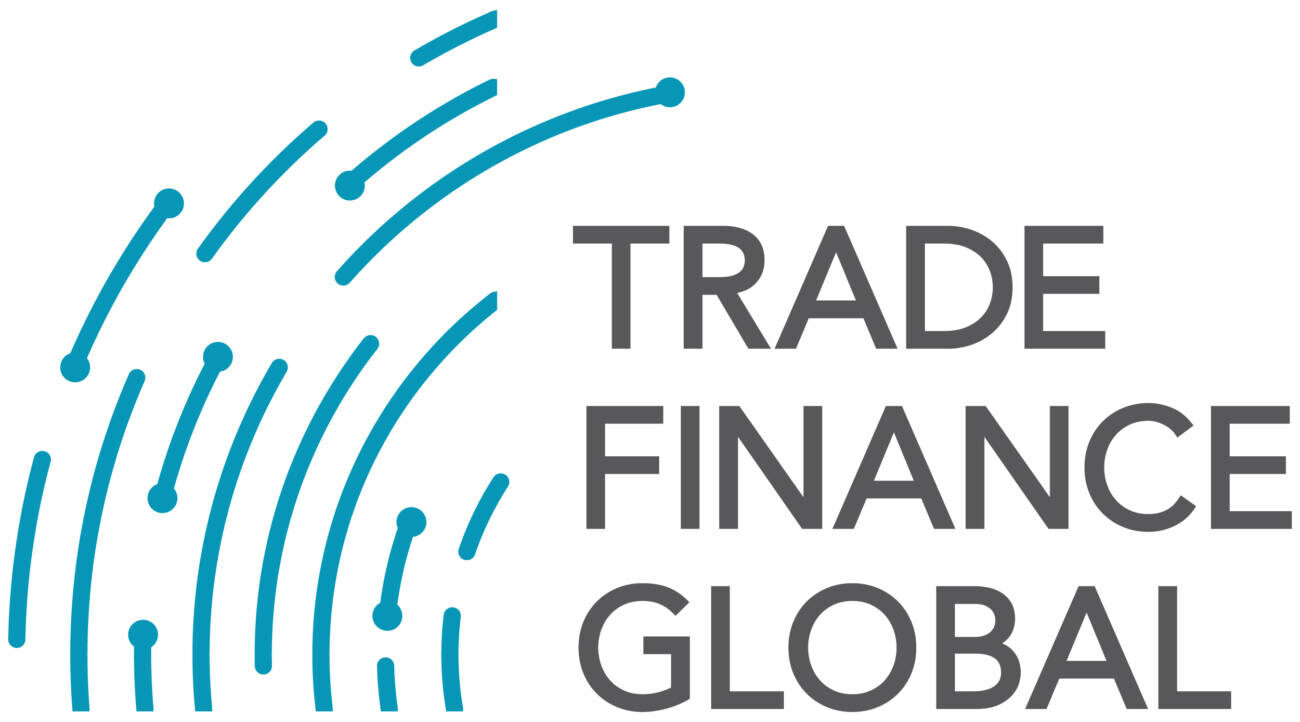Singapore has taken a major step forward for trade digitalisation by becoming just the second country to adopt the UNCITRAL Model Law on Electronic Transferable Records (MLETR) into legislation.
Amendments were proposed to the country’s existing Electronic Transactions Act (ETA) on January 4, 2021, through a bill introduced in the national parliament. These amendments were incorporated for the purpose of adopting the UNCITRAL MLETR, allowing for the legal recognition of an additional cohort of digital versions of trade documents including bills of lading (BL), bills of exchange, and promissory notes.
Prior to the latest amendments, anyone wishing to use an electronic trade document was required to be onboarded onto the same technology platform as their counterparty with the formal written documents of the onboarding arrangement serving as a segway between the digital documents and legal certainty. With this newest amendment, digital documents are recognised even without this added formality.
Singapore is second only to Bahrain in adopting the MLETR and is the first of the world’s leading maritime and trading hubs to do so. Advocates for widespread trade digitalisation hope that Singapore’s action will serve as a template and pave the way for other countries to follow suit. Eyes now turn towards South America, the USA, and the UK, which have all recently been demonstrating efforts to enact similar legislation.
While Singapore’s move marks a significant milestone, there is still tremendous amounts of work yet to be done before any significant benefits will be realized. The status quo of the industry is unlikely to transition from paper-based documents to digital-first documents until the top 10-15 trading nations, which independently account for upwards of 80% of global trade, take similar steps and incorporate the MLETR into their own domestic laws. With the first domino tipped, hopefully the rest will be soon to follow.
Impact of Regulatory Constraints
In their 2020 report Blockchain and DLT in Trade: Where do we stand? Trade Finance Global and the World Trade Organization identified legal challenges as the largest challenge confronting firms in their quest to scale up production. The authors note that “the largest current challenge facing the deployment of distributed ledger technology (DLT) solutions across the industry relates heavily to lack of legal clarity and enabling regulatory framework that firms face.” While this publication exclusively highlights DLT, the ambiguous legal and regulatory atmosphere of most countries also poses challenges for many other technologies, both emerging and established.
The UNCITRAL and the MLETR
The MLETR was adopted in 2017 and aims to enable the legal use of electronic transferable records both domestically and across borders. According to the model law, an electronic transferanle record is functionally equivalent to its paper counterpart if it contains the same information and meets certain pre-defined criteria.
The UNCITRAL plays an important role in improving the legal framework for international trade by preparing international legislative texts for use by States in modernizing the law of international trade. Their model laws can be enacted by states verbatim, with modifications, or they can simply be used a guide in drafting legislation. However, should they become widely adopted, it would provide a sound and consistent legal environment within which firms and countries can trade.

